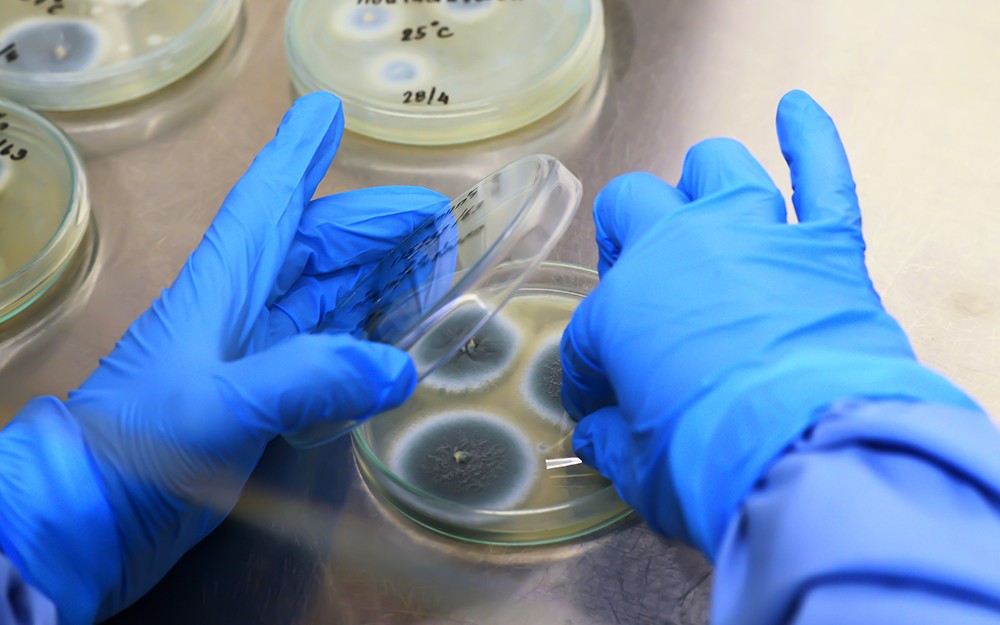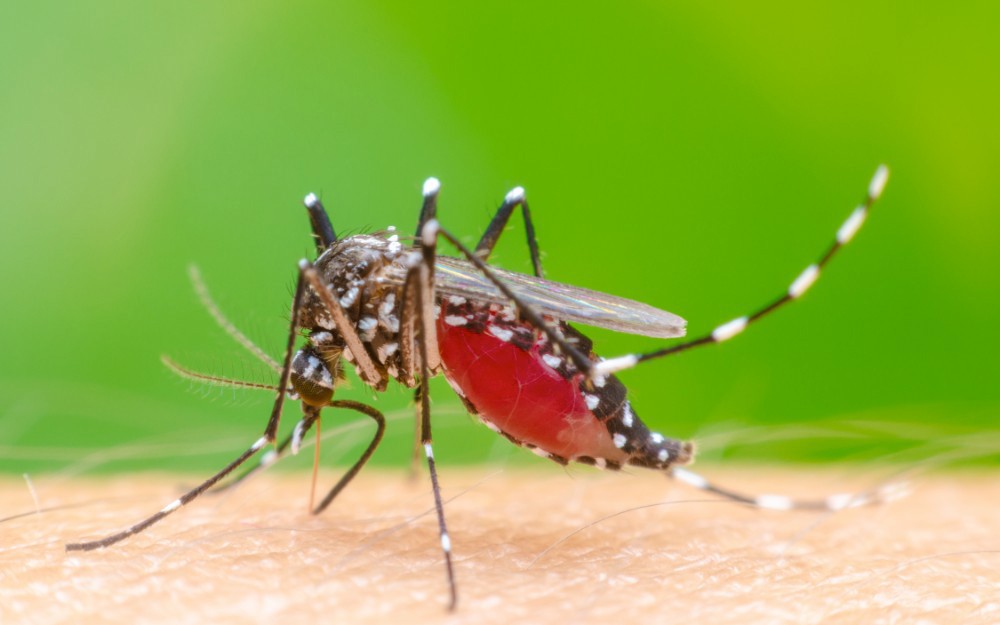Research in this cluster focuses on novel methods of control of mosquito-borne diseases including Malaria and Zika Virus.
Bioinformatics and genome-wide association approaches are used to identify targets in mosquitoes so that malaria transmission can be blocked with vaccines or natural products from a world-wide fungal collection.
New knowledge from studies of mosquito behavior in host detection, and nutritional control of mosquito development and reproduction can lead to novel approaches for the control of Dengue, Zika and other mosquito-borne diseases. Interfering with the detection of human odor by mosquitoes would protect us from diseases transmitted by mosquito bites. By identifying molecules that can modulate host-microbe interactions in insects, it may be possible to block coinfection of the insect population by disease-causing viruses.

